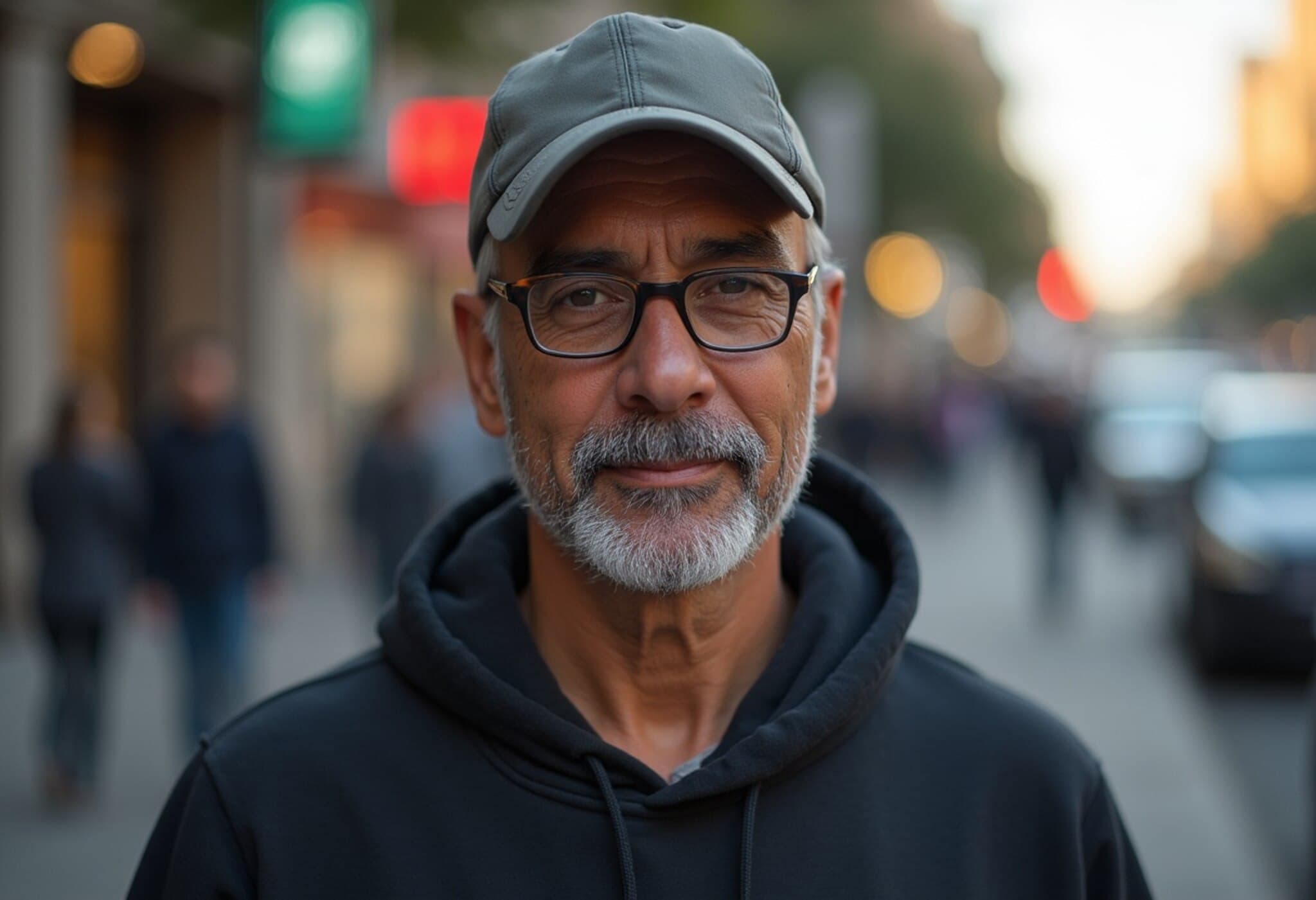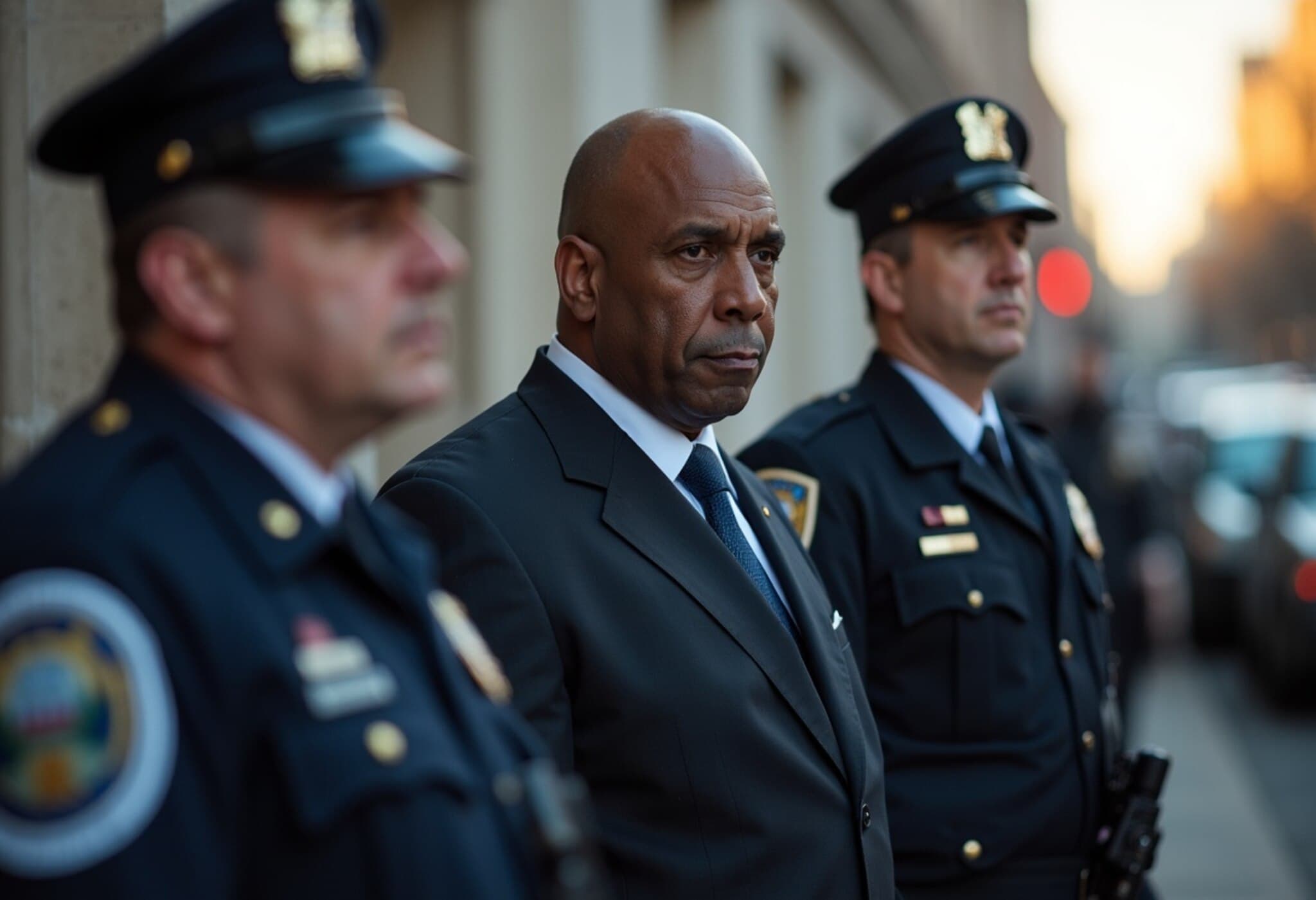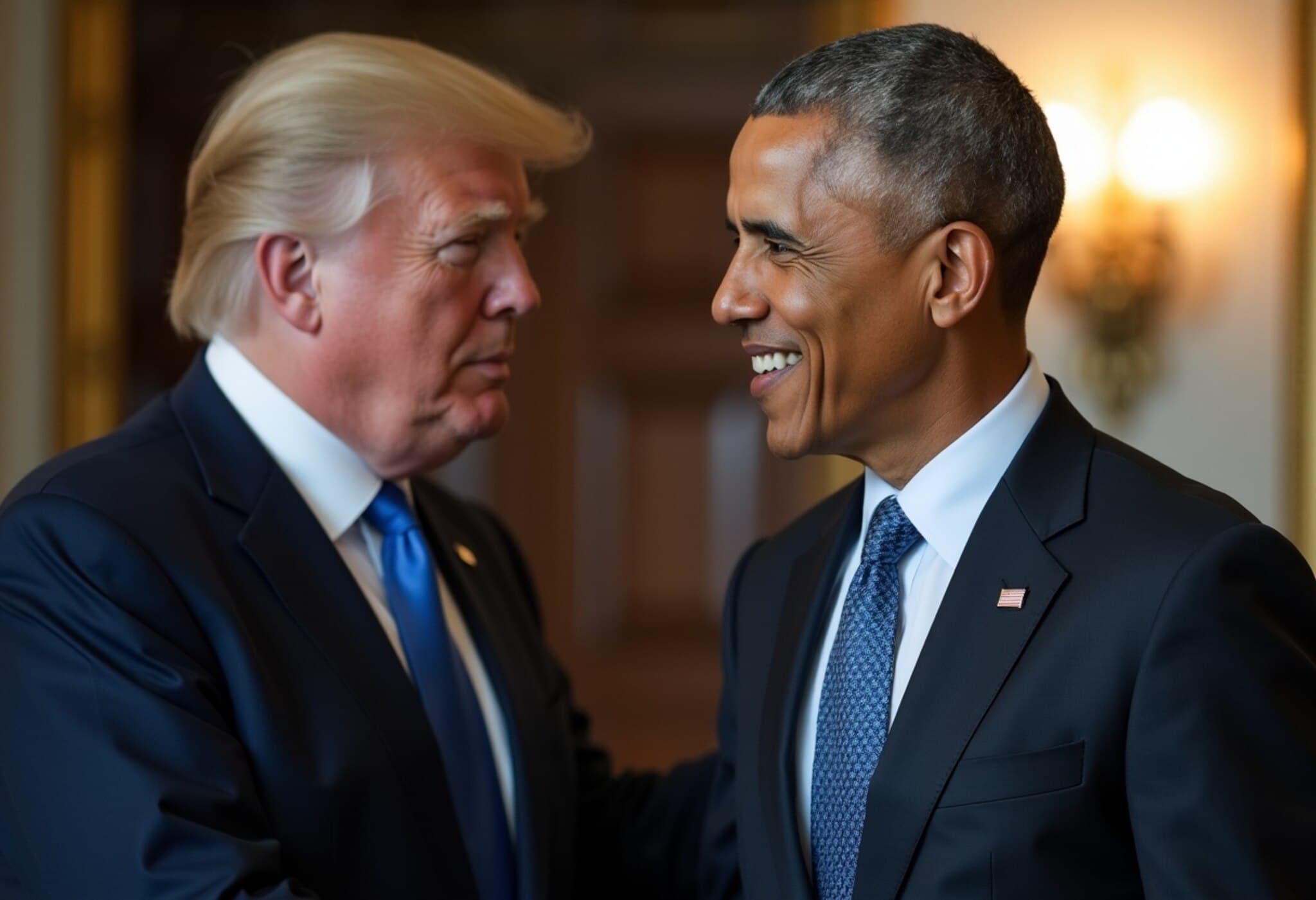Indian-American Lawyer Alleges ICE Misdirected Her to Taco Bell Number
Trisha Chatterjee, an immigration attorney based in Cincinnati, Ohio, recently sparked controversy after claiming that U.S. Immigration and Customs Enforcement (ICE) provided her with a phone number that belonged to a Taco Bell restaurant when she was seeking assistance regarding her clients’ immigration paperwork. The claim was made in a TikTok video where Chatterjee described her frustrating attempts to contact ICE over several days.
DHS and ICE Deny Claims, Call It Misinformation
The U.S. Department of Homeland Security (DHS) and ICE responded swiftly, vehemently denying the allegations. In a post on X (formerly Twitter), DHS characterized the claims as “lying for likes,” asserting that ICE never gave Chatterjee the Taco Bell number. They further emphasized that ICE officers face an 830% rise in assaults, highlighting the tense environment in which the agency operates.
DHS added that ICE had attempted to engage with Chatterjee following the viral video to gather client information and offered her multiple official channels for direct contact — though they stated she did not respond.
"This is nothing but lying for likes. Once again, activists and the media are attempting to smear our brave ICE law enforcement who are already facing an 830% increase in assaults against them."
— U.S. Department of Homeland Security (@DHSgov)
Chatterjee’s Account: Frustration and a Surprising Phone Number
In her viral TikTok, Chatterjee expressed genuine relief when she finally connected with someone at ICE who promised assistance. But when she called the given number, it led to a Taco Bell outlet instead of the immigration office. This experience underscored the challenges many immigration lawyers and their clients face when navigating an often convoluted and difficult bureaucracy.
Expert Insights: Bureaucratic Hurdles and Public Trust
Legal and immigration experts point out that while system errors and miscommunications can occur within large federal agencies, such incidents profoundly affect public trust—especially among vulnerable immigrant populations. The emotional dimension here is key: frustration, helplessness, and confusion can compound the already stressful immigration process.
DHS Official Labels Incident a “Lie and Smear”
Tricia McLaughlin, Assistant Secretary at DHS, further dismissed the allegation as a deliberate falsehood. She tweeted that ICE reached out to Chatterjee after the video to get more information, but she has not responded. McLaughlin framed the episode as an example of a broader attack on ICE’s integrity and public image.
"Had the Cincinnati attorney bothered to reach out to us, they would know that this is a lie and smear. ICE did not give immigration attorney Trisha Chatterjee a phone number to a Taco Bell."
— Tricia McLaughlin (@TriciaOhio)
Public and Legal Community React: Divided Perspectives
The incident has ignited a heated debate online and within immigration communities. On one side, supporters defend Chatterjee, emphasizing the risks attorneys take when advocating for immigrant rights. One social media user commented, “An attorney wouldn’t be risking her career by coming forward with this bizarre situation. I believe her. America is quickly turning into a police state under Trump.”
Conversely, critics challenge her account, suggesting legal recourse rather than social media accusations. Others have questioned her professional ethics and even her immigration status—a sign of how contentious immigration issues remain in the U.S.
- Questions raised about the credibility of the claim and the appropriate channels for dispute resolution.
- Absence of recorded calls or evidence fuels skepticism among some observers.
- Calls for professional licensing authorities to review her conduct.
Broader Context: ICE’s Challenges and Public Perception
This episode comes at a time when ICE is under intense scrutiny for its enforcement practices and treatment of detainees, amid rising assaults on its personnel. The agency’s communication difficulties, real or perceived, raise critical questions about transparency, accountability, and the human impact of immigration enforcement.
For immigrant lawyers, reliable communication with ICE is not just bureaucratic necessity—it is essential for safeguarding the rights and well-being of those in detention. The fallout from this dispute underscores the fragile trust between immigrant communities, legal advocates, and federal agencies.
Looking Ahead: What This Means for Immigration Advocacy
At its core, this incident highlights the broader systemic challenges faced by immigration lawyers trying to navigate complex federal structures that seem at times unresponsive or inaccessible. Whether the Taco Bell number was a mistake, a prank, or a misunderstanding, it emphasizes the dire need for clearer, more compassionate communication protocols within ICE.
Questions to Consider:
- How can ICE improve communication channels to better serve immigrant detainees and their legal representatives?
- What mechanisms exist for legal professionals to raise concerns about agency responsiveness without risking their careers?
- How does the public discourse surrounding such claims reflect broader divisions on immigration policy and enforcement?
Editor’s Note
This incident between immigration attorney Trisha Chatterjee and ICE, regardless of which side one believes, shines a spotlight on the critical intersection of immigration law, bureaucracy, and public trust. It reminds us that behind every official call and phone number lies a human story fraught with urgency and emotion.
As ICE faces increased hostility and challenges, transparent and respectful communication becomes more essential than ever—not only to uphold legal fairness but also to maintain the fragile trust in America’s immigration system. For journalists and policymakers, this story underscores the importance of verifying claims thoroughly, giving voice to underrepresented communities, and seeking constructive solutions over blame.

















